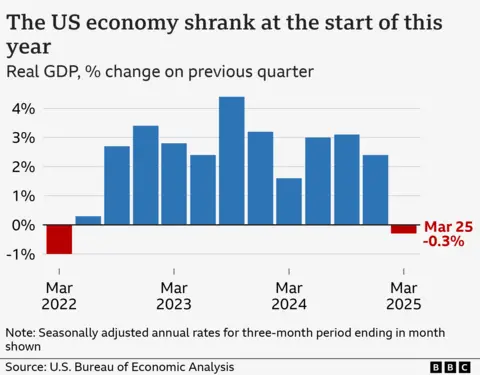Ronald Reagan’s Lasting Impact on the US Economy and Politics
Ronald Reagan stands as one of the most influential American presidents of the 20th century. His leadership during the 1980s reshaped the US economy, redefined political discourse, and left a legacy that continues to shape today’s policies and debates. But how does Ronald Reagan’s vision still echo in modern America? Let’s dive into his economic strategies, key political milestones, and ongoing influence.

The Reagan Revolution: Redefining the US Economic Landscape
Ronald Reagan took office in 1981, facing high inflation, unemployment, and a general sense of economic malaise. Through his economic agenda, often dubbed “Reaganomics,” he introduced sweeping tax cuts, deregulation, and a focus on free-market growth. Many credit Reagan’s policies with igniting a period of economic expansion, though debates about their long-term impact persist.
One cornerstone of Reagan’s legacy was the reduction of federal income taxes. The Economic Recovery Tax Act of 1981 dramatically lowered rates across income brackets. Reagan believed that allowing Americans to keep more of their earnings would fuel investment and spur job creation. Deregulation further allowed businesses to innovate with fewer government constraints. These changes transformed how both policymakers and citizens viewed the role of government in the market.
Comparison to Modern Economic Policy and Tariff Debates
Reagan’s focus on limited government and free trade set a precedent that future presidents would revisit and debate. In recent years, the US economy faced shrinking GDP and rising tariffs—an issue highlighted in this BBC News analysis. The article notes a contraction due to surging imports ahead of major tariff announcements and draws attention to the uncertain impacts of such interventionist measures.
Similarly, Franklin D. Roosevelt and Ronald Reagan were often compared for their approaches to government intervention in challenging times. While Roosevelt expanded the social safety net, Reagan sought to reduce government’s role. Today, the tug-of-war between free-market advocates and those supporting stronger government intervention continues, showing Reagan’s lasting impact on national debates.
Political Legacy Beyond Economics
Ronald Reagan’s influence reaches beyond economics. His charismatic leadership style reshaped the Republican Party, rallying conservatives and shifting the party’s focus to traditional values and a robust national defense. Reagan’s ability to communicate effectively with the American public earned him the nickname “The Great Communicator.”
Issues like inflation, job creation, and trade imbalances remain at the forefront of presidential agendas. As seen in this Yahoo Finance piece, subsequent leaders are often judged against the economic benchmarks set during the Reagan era. Modern trade policies and tariff adjustments bring Reagan’s philosophies back into today’s economic discussions.
Reagan’s Enduring Relevance
Decades after leaving office, Ronald Reagan’s ideas continue to inform contemporary political and economic debates. Policies introduced during his presidency remain the foundation for many arguments about taxation, public spending, and America’s role in global trade. As new economic challenges arise, policymakers and citizens alike look to Reagan’s legacy for guidance—a testament to how one presidency can shape a nation for generations.
Whether celebrated as an icon of conservative ideals or remembered for the controversies that arose from his reforms, Reagan’s influence is undeniable. For those interested in current debates over US tariffs and economic growth, reading US economy shrinks as firms import more ahead of tariffs and Trump Says He's Off to Best Start as President. The Economy Says Something Else provides valuable context for understanding how Reagan’s vision continues to spark discussion in modern America.
In conclusion, Ronald Reagan’s presidency was a turning point in US economic policy and political culture. His ideas spark analysis, debate, and—most importantly—inspire action as America navigates the complex challenges of a changing world.